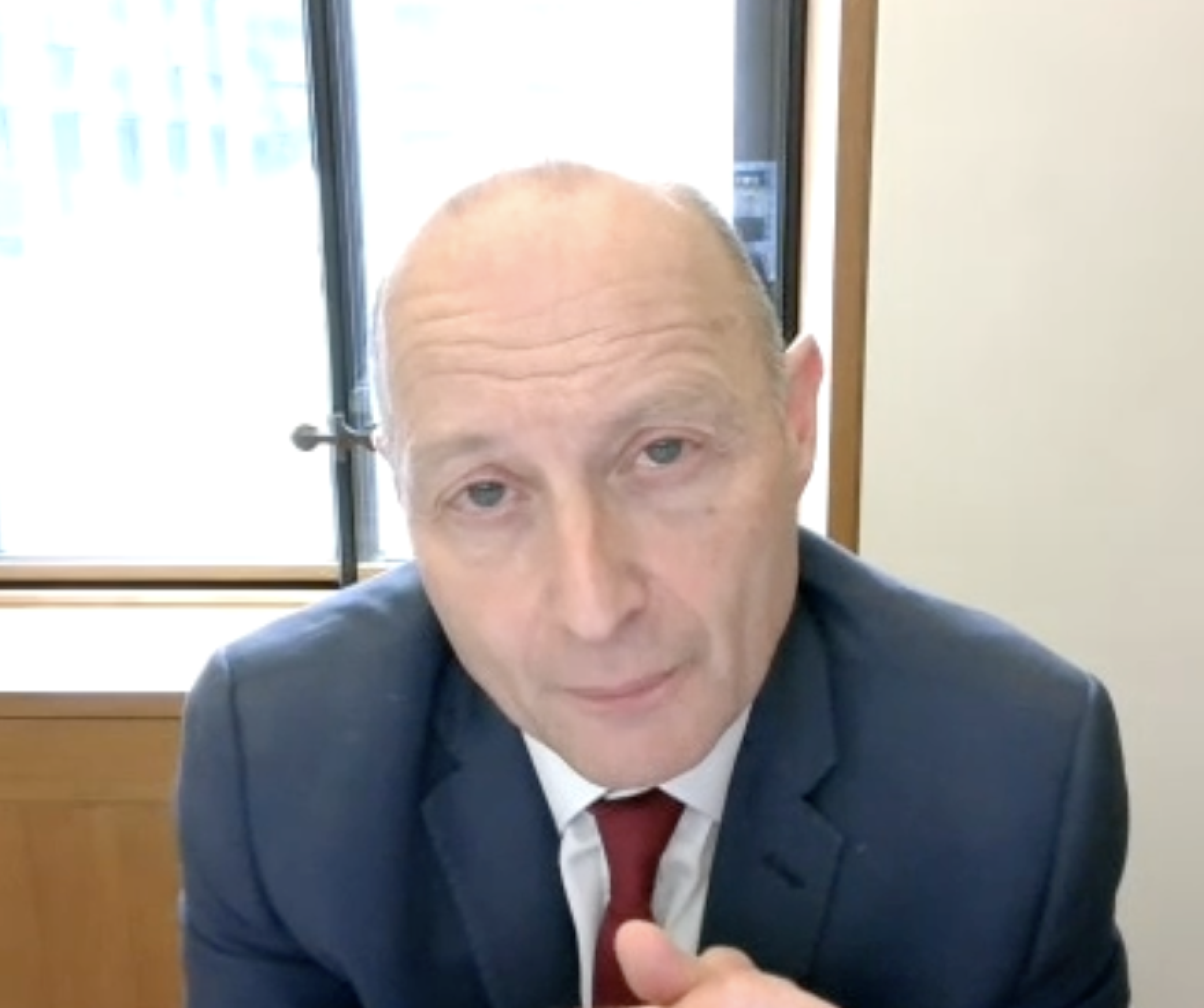
Last Friday, MPs voted to pass the Terminally Ill Adults (End Of Life) Bill, allowing the assisted dying legislation to pass through to the next stages of scrutiny and amendment.
Backbench Labour MP Kim Led-beater introduced the Bill. It says that anyone who wants to end their life must be over 18, live in England and Wales, and have been registered with a GP for at least 12 months. Have the mental capacity to make the choice and be free from pressure to do so. Be expected to die within six months and make two separate declarations, witnessed and signed, about their wish to die.
In a vote in the House of Commons last Friday, the Bill was passed with a majority of 55 votes. With 330 mp’s voting for the Bill and 275 voting against
Rochdale’s Labour MP Paul Waugh voted against the Bill and spoke with our reporter Max Hayes about why he voted against the assistant dying Bill.
“The main reason is protection for the vulnerable. A more significant issue in the Bill is that a doctor can proactively raise the option of assistant dining with a parent. If a patient wants this, it should come from a patient. I genially worry that it’s not a voice for the people.
“Every MP had to treat this very seriously, and I believe they did. I read and re-read Bill’s wording and had many sessions with families, medics, and lawyers who were for and against this, and I got a load of personal testimonies about what they were thinking.
“I was undecided for a long time because I was trying to determine if this Bill was well drafted, and in the end, I had to vote against it. I’m pleased I voted against it, as I worry about the lack of safeguards. For example, I’m not convinced that the legal structure created from this will be workable.”
Earlier today, Dame Esther Rantzen told Quays TV earlier that it was a historic moment.
“I watched the whole debate, and I thought it was fascinating; Kim brought the Bill to the floor brilliantly and went through all the points. I’m glad that we got to the right decision in the end.
I spoke with Sir Kier Starmer before the election on the topic, and I knew him well as we worked together on child protection. I knew he was a listener and made up his mind on the points. I also knew that he had experience with the law.”
Esther then explained what the following stages will be required and when the law changes will come into effect.
“Well, what happens next is Kim will put together a committee that will represent all the different views and go through Claus by Claus, and the government will tell them the impact. If things need altering, I’m sure her committee will do the sensible thing. In about two years, the law will change, but how it will change, I don’t know.”
